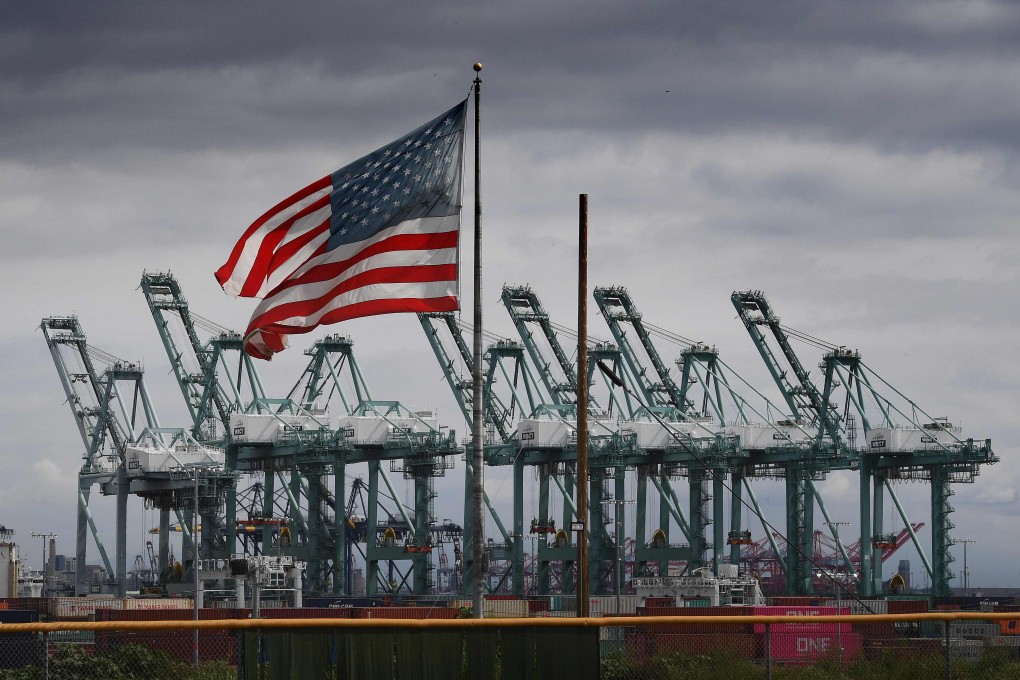Advertisement
How Biden can erase Trump’s legacy: tear down the trade barriers with China
- If the new US president wants to get one over on his predecessor, he can do so by reversing his policy on tariffs
- One of Trump’s guiding principles was his rejection of globalisation, and there is nothing more global than free trade
Reading Time:4 minutes
Why you can trust SCMP
6

Although it is too early to be sure, indications are that a signature motif of US President Joe Biden’s administration will be to undo pretty much everything his predecessor enacted.
Evidence for this ranges widely. It includes the Keystone XL pipeline renunciation, fracking prohibition, opening immigration, ceasing wall building, reforming criminal justice, rejoining the Paris climate accord, focusing on racial and gender discrimination and repealing the 1776 Commission that aimed to promote “patriotic education”.
This is only the tip of the iceberg. Biden even did this symbolically by changing the name of the US Covid-19 vaccine programme from “Warp Speed” to “Covid Response”.
Advertisement
What about free trade? If there was any important initiative of former president Donald Trump’s, it certainly involved protectionism. Trump was forever going on about how China was eating our lunch in international economic relations and how there were plenty of Hondas and Toyotas on US streets but few Ford or GM vehicles in Japan.

04:33
As Biden enters White House, world leaders express ‘relief’ and welcome ‘friend’ and ‘mate’ back
As Biden enters White House, world leaders express ‘relief’ and welcome ‘friend’ and ‘mate’ back
As for Mexico and Canada, the less said about their trade policies, the better, in his view. That is why he ripped up the North American Free Trade Agreement and replaced it with the United States-Mexico-Canada Agreement.
Advertisement
Advertisement
Select Voice
Choose your listening speed
Get through articles 2x faster
1.25x
250 WPM
Slow
Average
Fast
1.25x
